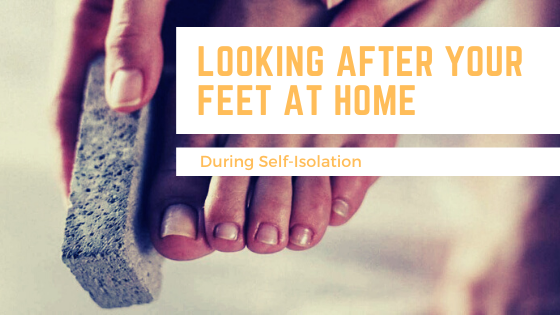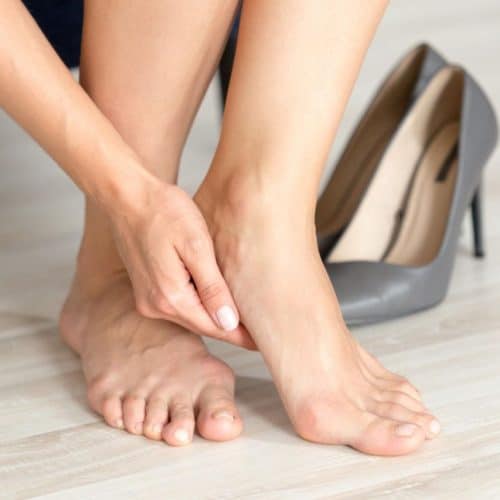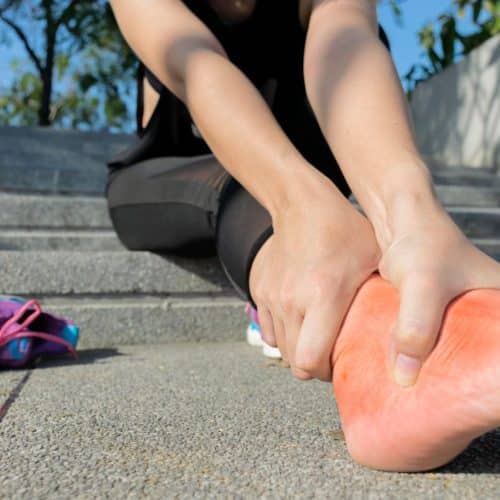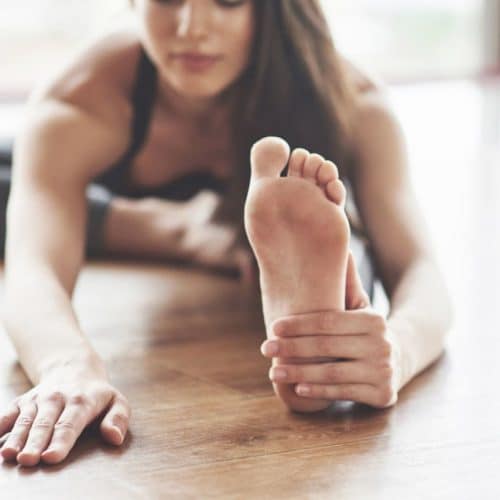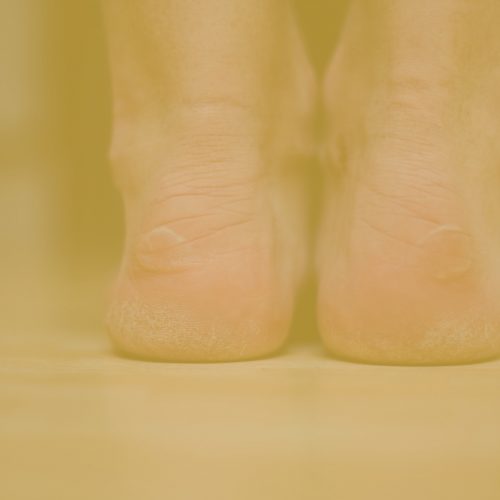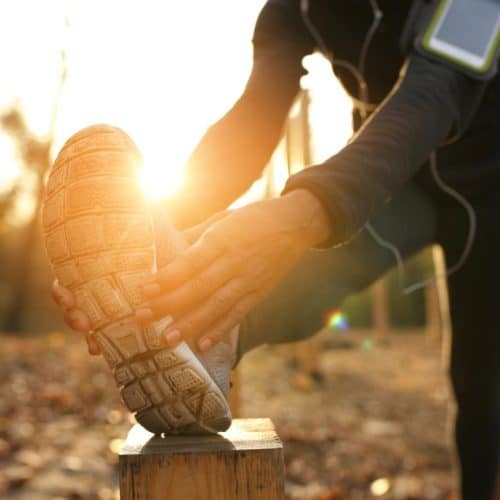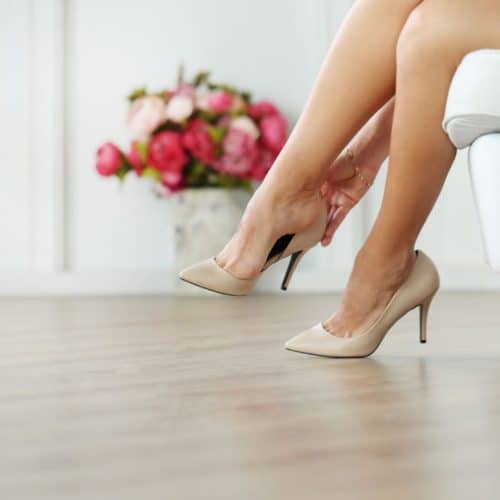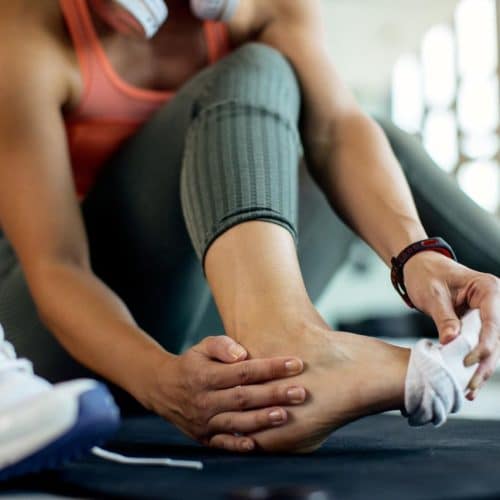Now that many people are spending more time at home, we wanted to share some self-care tips on looking after your feet at home, if you are self-isolating.
If you do need expert advice and are unable to leave your home we also offer telehealth online podiatry consultations.
Tinea and fungal nails:
- Continue with any prescribed treatment, even if you see improvements.
- Once you stop treating your feet, the infection can easily and more aggressively return.
- Continue to follow our antifungal prevention guidelines given by your podiatrist.
Ingrown toenails:
- Wear open-toe shoes to prevent pressure on the side of the nails.
- Try to cut nails straight across and even if they are a little bit sore.
- Do not try and clear or cut nails down the side, only file.
- In the event of an ingrown nail, it is best to come in ASAP to get it sorted to prevent infection and further serious complications.
Cracked heels and dry skin:
- As the cooler weather approaches, heaters are commonly used at home and the air can dry out the skin.
- It is best to walk around your home with enclosed shoes and socks.
- Use a foot file and apply cream daily to the heels when you get out of the shower.
- If you get a crack in your heel apply antiseptic and cover with tape to hold the skin together to allow for faster healing.
Corns and callouses:
- Wear comfortable shoes and do not attempt to treat yourself with a blade or corn pad.
- Blades pose a high risk of causing injury to the skin that can lead to infections.
- Corn pads contain salicylic acid, which can cause chemical burns and further injury and pain to the area.
- With pressure, corns and callouses will become worse over time. Therefore it is best to come in and get them professionally treated if they are causing pain.
Certain populations that need to be extra careful in looking after their feet at home during self- isolating are;
Those with Diabetes:
- Ensure you wear enclosed footwear around the house.
- Slip-on shoes for going to the bathroom in the middle of the night will prevent you from stepping on something and potentially causing a cut in the skin.
- Should you hurt yourself, dress all cuts with an antiseptic solution and a dressing.
- Check your feet daily for any cuts or open wounds and monitor for any signs of infection.
- Follow daily diabetes foot care advice.
The Elderly:
- Ensure you wear enclosed slippers around the house to prevent falls.
- A good slipper includes one with an enclosed heel and ideally contains velcro straps to hold your foot in.
- Make sure that there is plenty of cushioning in your slippers and they are not badly worn.
Please note: In lieu of COVID 19, we are following strict procedures and guidelines to ensure that Well Heeled Podiatry is an infection-free zone.
This includes and washing our hands before and after every patient, minimising touchpoints in the centre, hand sanitiser at our front desk, using TGA approved disinfectant to kill COVID19 on all surfaces including door handles, treatment chair, and tables and the use of gloves and face masks.
We also offer Telehealth Online Podiatry Consultations where you can get expert advice from the comfort of your own home.


